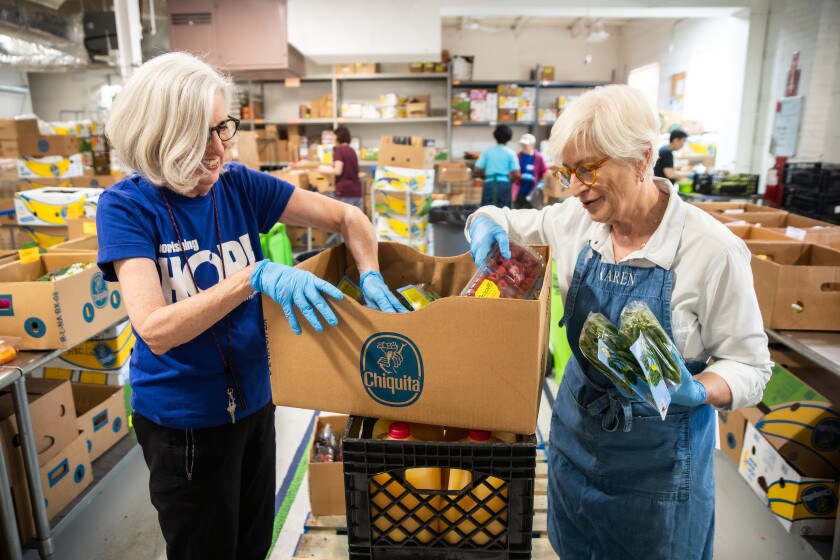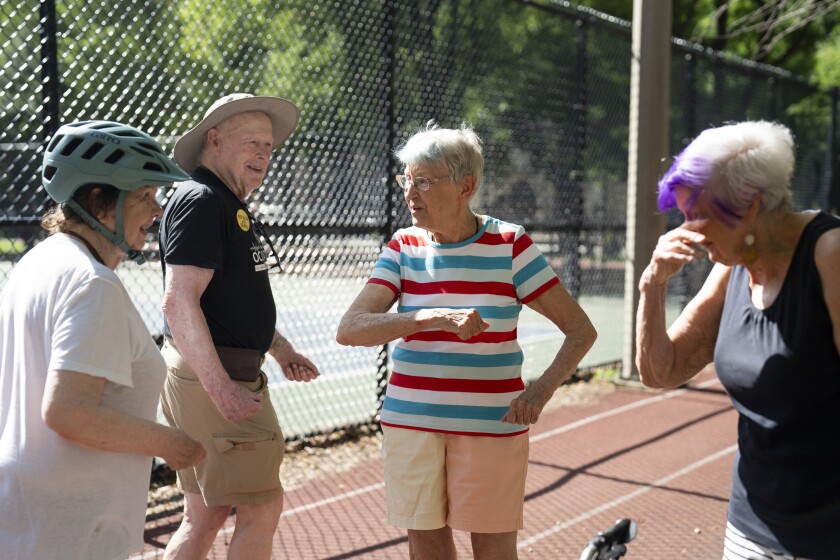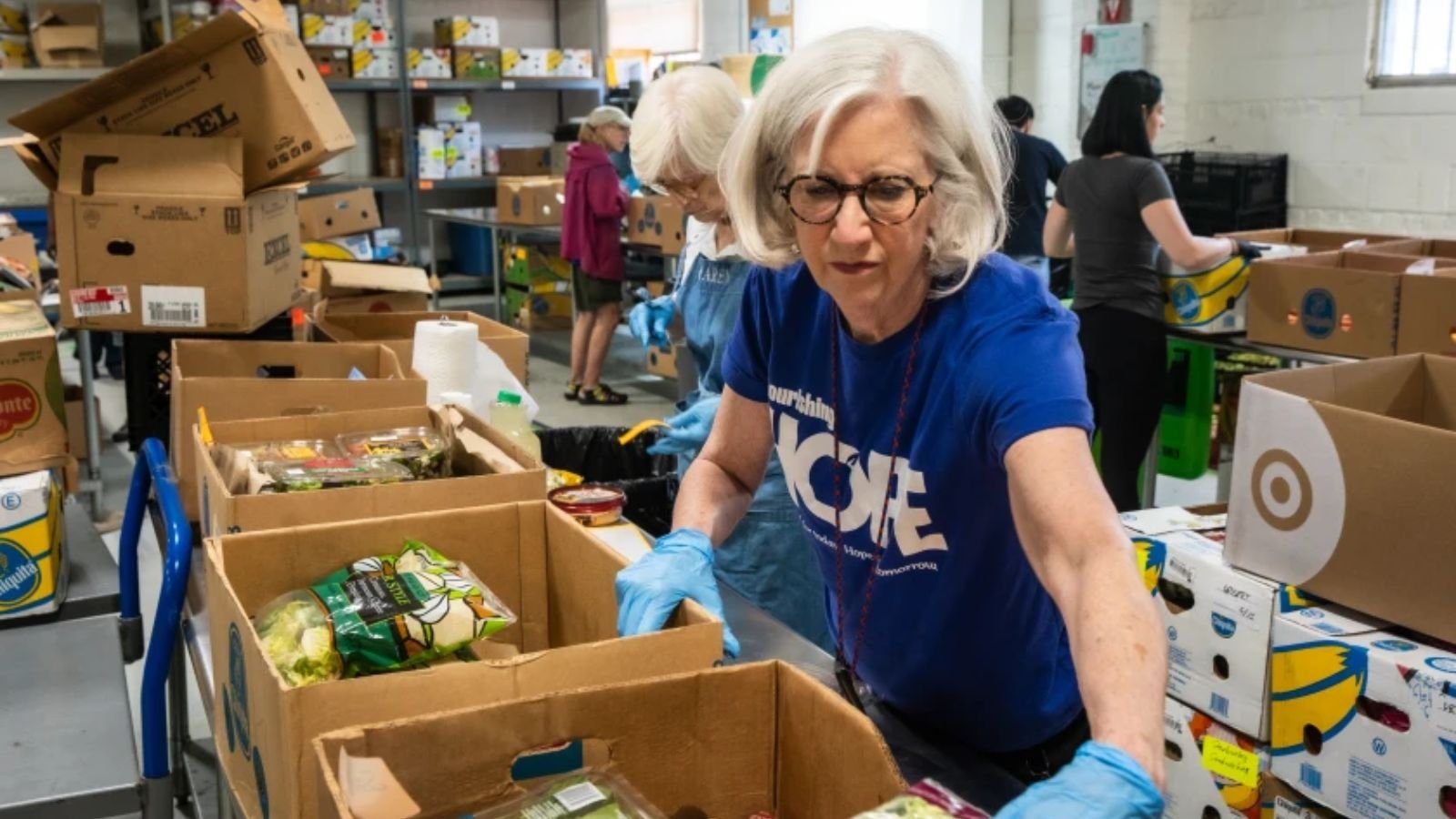ILLINOIS — Older adults who maintain strong, diverse relationships with both family and friends are more likely to report better physical and mental health, according to new research led by the University of Illinois Urbana-Champaign.
The study, published in the journal Innovation in Aging, analyzed data from over a decade’s worth of health surveys and found that the depth and diversity of a senior’s social network — rather than just its size — can significantly influence long-term well-being.
A Closer Look at the Findings
The study, led by social work professor Lissette Piedra, reviewed data from the National Social Life, Health and Aging Project. Researchers identified three primary types of social networks among older adults:
-
Enriched networks, which included broad and diverse relationships with both relatives and non-relatives, showed the highest self-rated health scores and lowest levels of loneliness.
-
Focused networks, with close but smaller circles of regular interaction, provided moderate health outcomes and reduced loneliness.
-
Restricted networks, made up only of relatives, were associated with increased isolation and poorer health.
“Being socially active is connected to brain health,” Piedra explained. “Being lonely is one of the worst things that you can do for your health, especially as you age.”
Real-World Impacts in Chicago

For Susan Matthews, 73, retirement initially brought joy — but soon left her feeling disconnected. She found purpose and community by volunteering alongside five other women at local Chicago nonprofits like Nourishing Hope. Now, she spends her Mondays sorting food, laughing over ’80s music, and bonding with her team.
“You realize that humans are hardwired to collaborate,” Matthews said. “You know everyone’s strong point. It’s a wonderful thing.”
Matthews’ experience exemplifies the power of enriched networks. Her volunteer partner, Karen Jensen, 72, of Evanston, stays active through community work, theater ushering, tai chi, and time with her grandchildren. “I don’t like to be bored — I like to have something to do,” she said.
Why Diverse Friendships Matter
Piedra said people with more varied relationships — those that cross age, cultural, or social boundaries — tend to experience greater cognitive stimulation, which boosts long-term mental health.
“In order to have people that are different than you in your network, that represents a level of social skills that is very health-promoting,” she noted.
Sandra Brown, 79, and her sister Susan Ackerman, 85, are a living example. The two moved from Lincoln Square to Streeterville, where they attend music events and host gatherings with friends aged 18 to 90.
“We don’t look at the numbers,” Ackerman said. “We look at the person.”

Racial Gaps and Opportunity for Change
The study also revealed disparities in network types. Black and Latino seniors were more likely to fall into restricted networks and less likely to benefit from enriched social circles than their white counterparts. However, the researchers found that with time, seniors could shift their networks from restricted to enriched — especially with the right support.
“Human beings have the capacity to reconfigure their networks,” Piedra said. “Understanding what nudges people in the right direction would be really interesting to know.”
Staying Active, Staying Well

From tai chi groups to Zoom calls with old friends, the study suggests consistent social engagement is key. Matthews still connects monthly with her high school classmates online. And for seniors like Jensen, being part of supportive communities — even informal ones — helps build a safety net for difficult times.
“You’re in a group like this, and that is gonna happen,” Jensen said, recalling a moment when her tai chi group rallied around a member with cancer. “We’re all older, and we’re all headed for that.”
Even health challenges haven’t stopped Ackerman, who uses a walker but still maintains an active social life. “It’s just grandma’s gotta go slower,” she joked.

How This Research Can Shape Policy
Piedra believes the findings have implications for community planning and public health efforts. Programs that foster inclusive social opportunities — especially for seniors from marginalized groups — could help reduce loneliness, prevent physical decline, and improve aging outcomes across Illinois.
“People tend to have a change in their social life before their physical health declines,” Piedra said. “Everyone else around you can tell something’s wrong because they’ve changed in some social kind of way.”
Have you or someone you know created a new community later in life? Share your story about aging and friendship with us at ChicagoSuburbanFamily.com — we’d love to hear how local seniors are staying connected.












